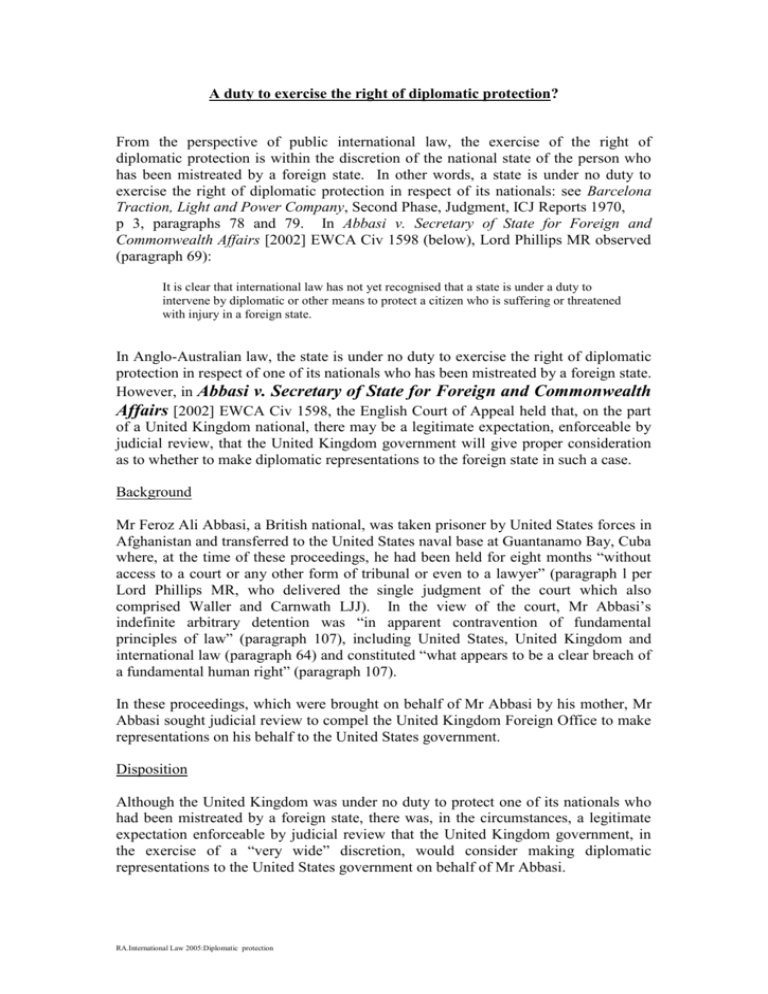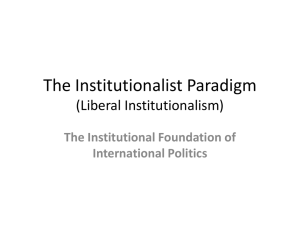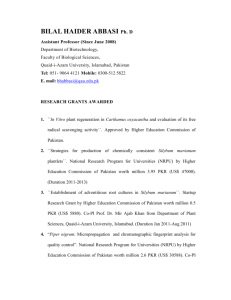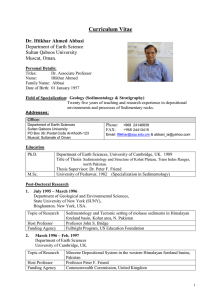A duty to exercise the right of diplomatic protection
advertisement

A duty to exercise the right of diplomatic protection? From the perspective of public international law, the exercise of the right of diplomatic protection is within the discretion of the national state of the person who has been mistreated by a foreign state. In other words, a state is under no duty to exercise the right of diplomatic protection in respect of its nationals: see Barcelona Traction, Light and Power Company, Second Phase, Judgment, ICJ Reports 1970, p 3, paragraphs 78 and 79. In Abbasi v. Secretary of State for Foreign and Commonwealth Affairs [2002] EWCA Civ 1598 (below), Lord Phillips MR observed (paragraph 69): It is clear that international law has not yet recognised that a state is under a duty to intervene by diplomatic or other means to protect a citizen who is suffering or threatened with injury in a foreign state. In Anglo-Australian law, the state is under no duty to exercise the right of diplomatic protection in respect of one of its nationals who has been mistreated by a foreign state. However, in Abbasi v. Secretary of State for Foreign and Commonwealth Affairs [2002] EWCA Civ 1598, the English Court of Appeal held that, on the part of a United Kingdom national, there may be a legitimate expectation, enforceable by judicial review, that the United Kingdom government will give proper consideration as to whether to make diplomatic representations to the foreign state in such a case. Background Mr Feroz Ali Abbasi, a British national, was taken prisoner by United States forces in Afghanistan and transferred to the United States naval base at Guantanamo Bay, Cuba where, at the time of these proceedings, he had been held for eight months “without access to a court or any other form of tribunal or even to a lawyer” (paragraph l per Lord Phillips MR, who delivered the single judgment of the court which also comprised Waller and Carnwath LJJ). In the view of the court, Mr Abbasi’s indefinite arbitrary detention was “in apparent contravention of fundamental principles of law” (paragraph 107), including United States, United Kingdom and international law (paragraph 64) and constituted “what appears to be a clear breach of a fundamental human right” (paragraph 107). In these proceedings, which were brought on behalf of Mr Abbasi by his mother, Mr Abbasi sought judicial review to compel the United Kingdom Foreign Office to make representations on his behalf to the United States government. Disposition Although the United Kingdom was under no duty to protect one of its nationals who had been mistreated by a foreign state, there was, in the circumstances, a legitimate expectation enforceable by judicial review that the United Kingdom government, in the exercise of a “very wide” discretion, would consider making diplomatic representations to the United States government on behalf of Mr Abbasi. RA.International Law 2005:Diplomatic protection 2 In the result, Mr Abbasi’s claim for relief was rejected because the evidence made clear that the United Kingdom government had been engaged in on-going discussions with the United States government with regard to the detention of Mr Abbasi. Lord Phillips MR observed (paragraph 107): “We do not consider that Mr Abbasi could reasonably expect more than this.” ____________________________________ RA.International Law 2005:Diplomatic protection










